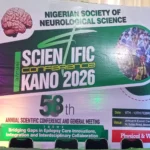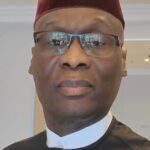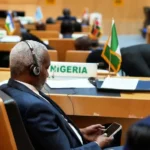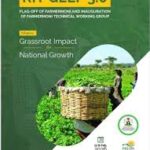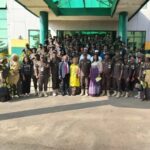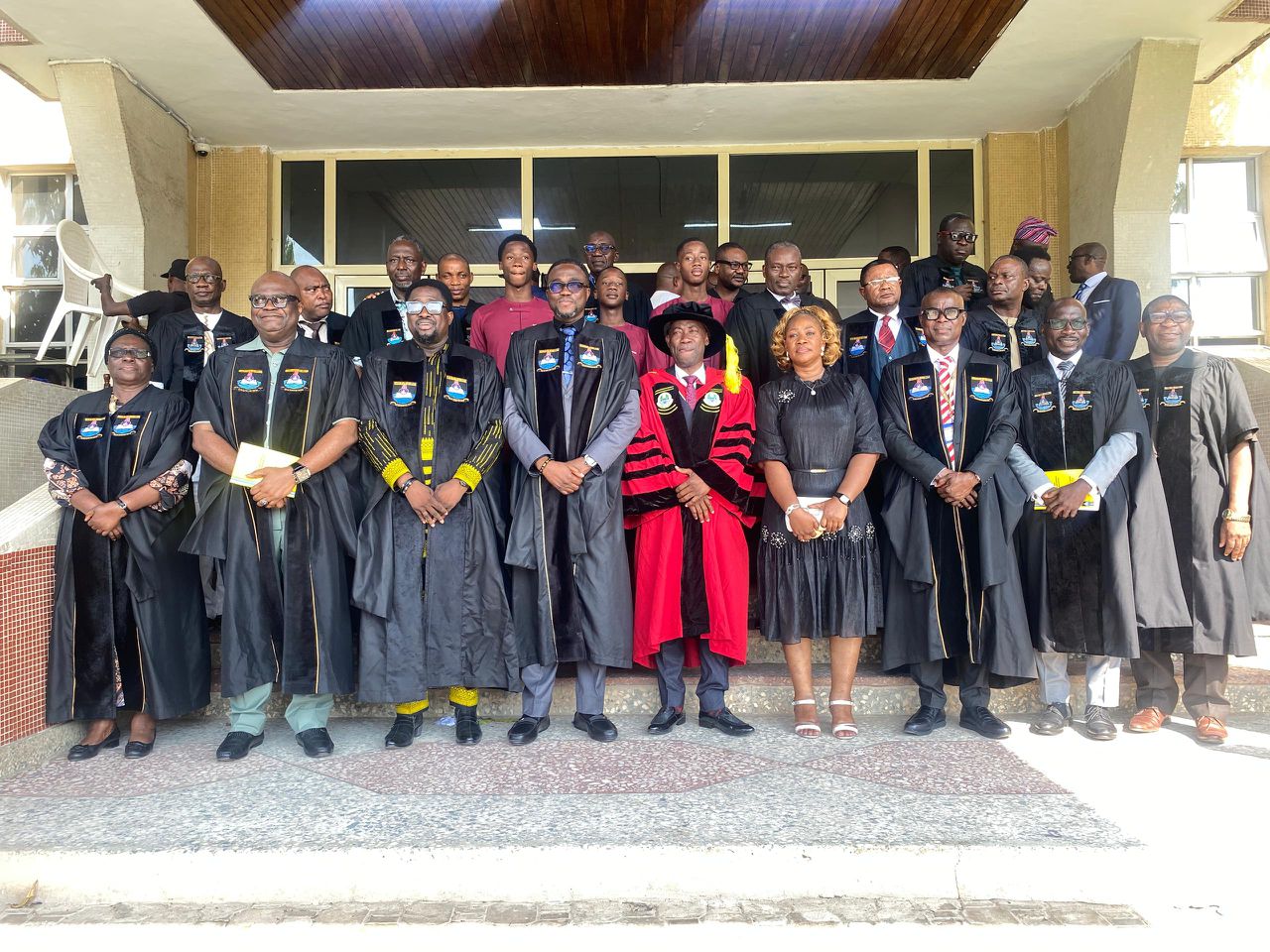By Henry Oladele
Nigeria will have to realign its democracy, education and federalism to be able to tackle its challenges adequately, Prof. Adewumi Falode of the History and International Studies Department, Lagos State University (LASU), has said.
Falode said this while delivering LASU’s 115th Inaugural Lecture Series at its Ojo Campus.
The News Agency of Nigeria (NAN) reports that the lecture is entitled “Bespoke Solutions: Reimagining, Reifying and Realigning the Wheels of the Nigerian State’’.
NAN also reports that Falode is a Professor of International Relations, History and Strategic Studies.
According to him, Nigeria’s version of democracy is alien and expensive.
“Since its introduction, the form of democracy practised in the country has not been able to fulfil the basic desire of the citizens for full and inclusive participation in governance.
“It failed to deliver dividends to the people.
“I am not in any way advocating a militocracy or plutocracy or oligarchy.
“What I am simply advocating is that Nigeria’s democracy should be domesticated to meet local realities,” he said.
Falode said that the last general elections gulped much money, adding that 2027 elections might cost more.
“Democracy has always been expensive in Nigeria.
“That of 1983 federal elections frittered away two billon Naira, and at the end of the day, the military derailed the whole process.
“Nigeria budgeted N1.5 billion for elections in 1999, N42 billion in 2011, N108.8 billion in 2015.
“The monies for post-elections litigations and other incidentals are not factored into these.
“The shocking thing was that at the end of such elections, it will still take the intervention of the judiciary for the wheel of democracy to be realigned and readjusted,” he said.
On federalism, Falode said that it was the lost ideal wheel to govern a multi-ethnic country such as Nigeria.
“ Countries such as Switzerland and United Kingdom have used this system to govern themselves effectively.
“The problem with Nigeria is that the leaders adopted textbook federalism hook, line and sinker.
“Nigeria must customise or domesticate its federalism to correct fractures.
“ I call this competitive federalism. This means a weak or decentralized centre with strong states,” he said.
He, however, said that such federalism was not regionalism, adding that he was against anything that would fracture Nigeria into different parts.
“I am also against anything that champions the idea that states should be developed in silos and independently with minimal interactions with other units in the federation.
“States in the country should be allowed to coexist but based on clearly spelt out and agreed terms.
“Historically, the different constitutional conferences and constituent assemblies had done the job of creating a white paper on those things that can promote unity, peace and equitable development among the disparate groups in Nigeria.
“ The Nigerian Constitution is the best wheel to correct all the punctures, wear and tear Nigeria is experiencing.
“Nigeria is a beautiful country, and I would want it to be kept the way it is,” he said.
The professor said fiscal federalism was an important sub-wheel that must be attached to the axle of the Nigerian state.
“I am glad President Bola Tinubu is tackling that frontally with the 2025 Tax Reforms Bill.
“This will promote equitable competitive distribution of revenue and allow states to think outside the box on revenue generation, deepen taxation and allow states to have funds for construction, maintenance and rehabilitation of public facilities,”he said.
Falode said that education was the most important wheel and the key to national integration and political development.
“It is not just education but tailored or domesticated education. This is the way to go for Nigeria to realign its economy, reduce unemployment, promote unity and peace and spur development.
“Nigeria must make universal primary and secondary education free. Sending children to school must be made compulsory up to the secondary level.
“This will allow the state to shape the students into responsible citizens that will contribute to development
“Importantly, it will be difficult for religious and ethnic extremism to flourish in a society that has deployed adequate resources to combating ignorance through quality education,”he said. (NAN)
Edited by Ijeoma Popoola

